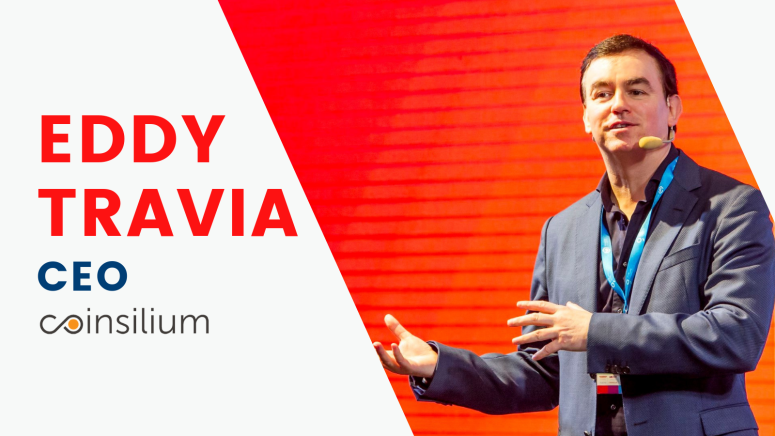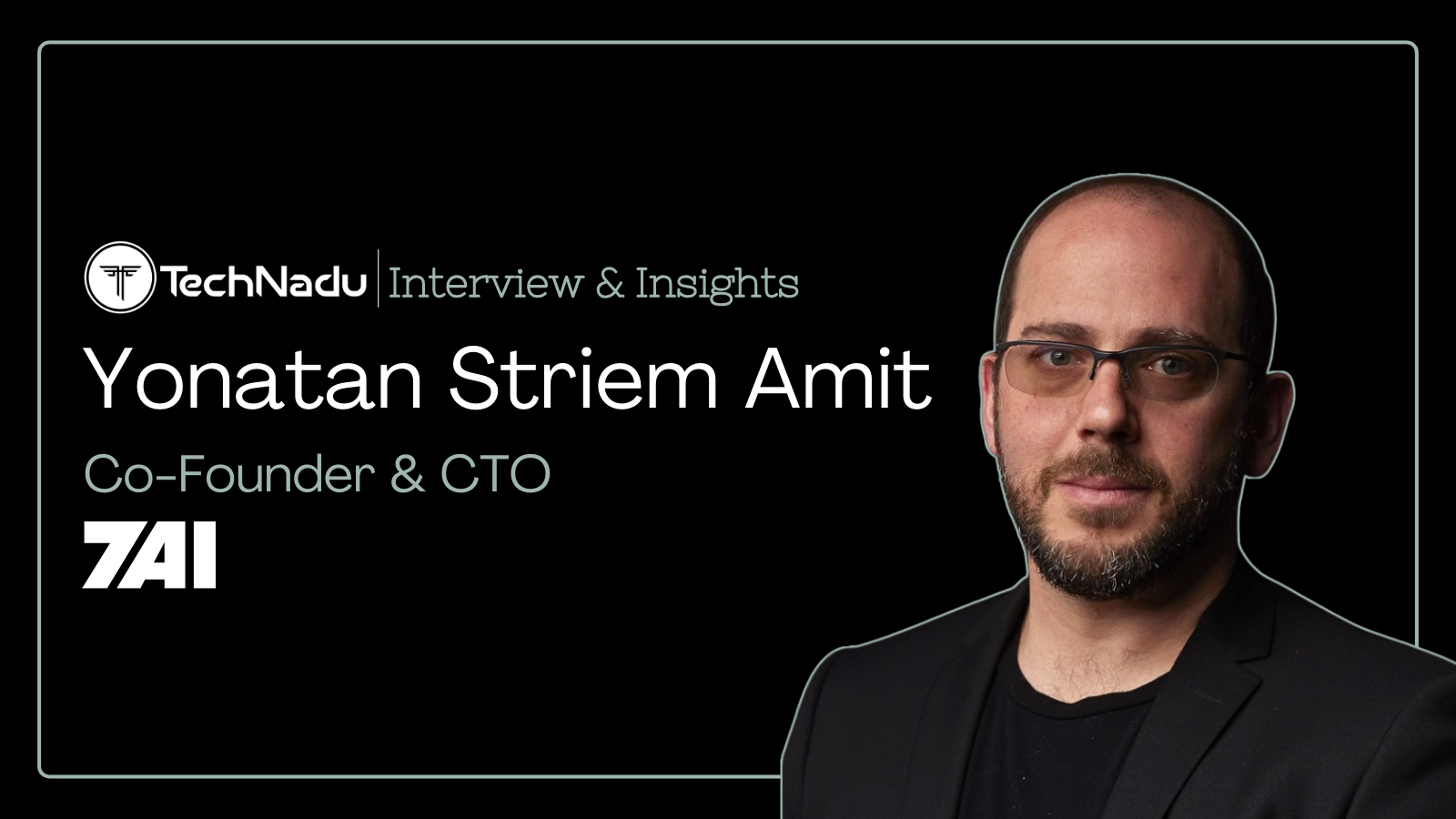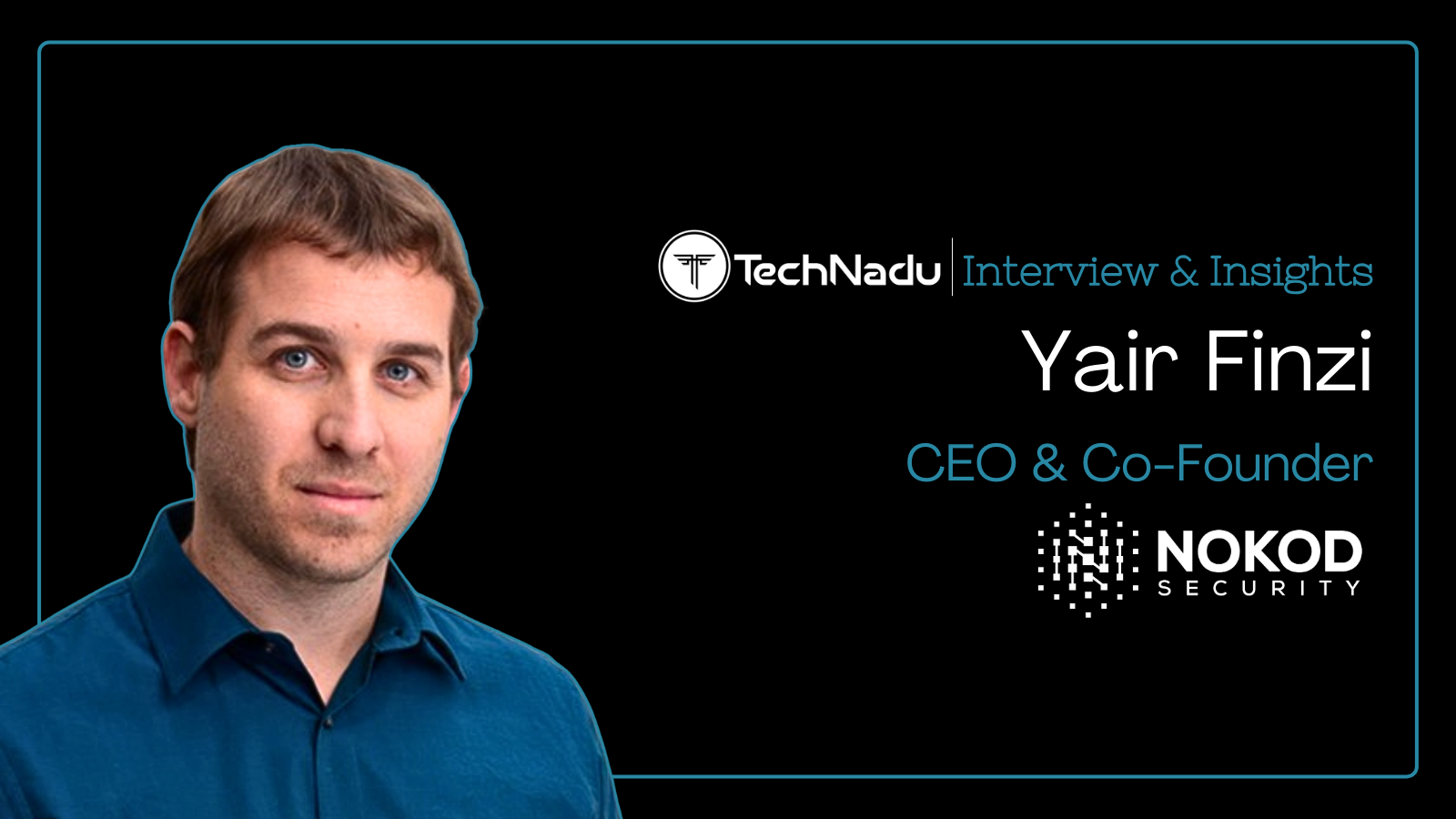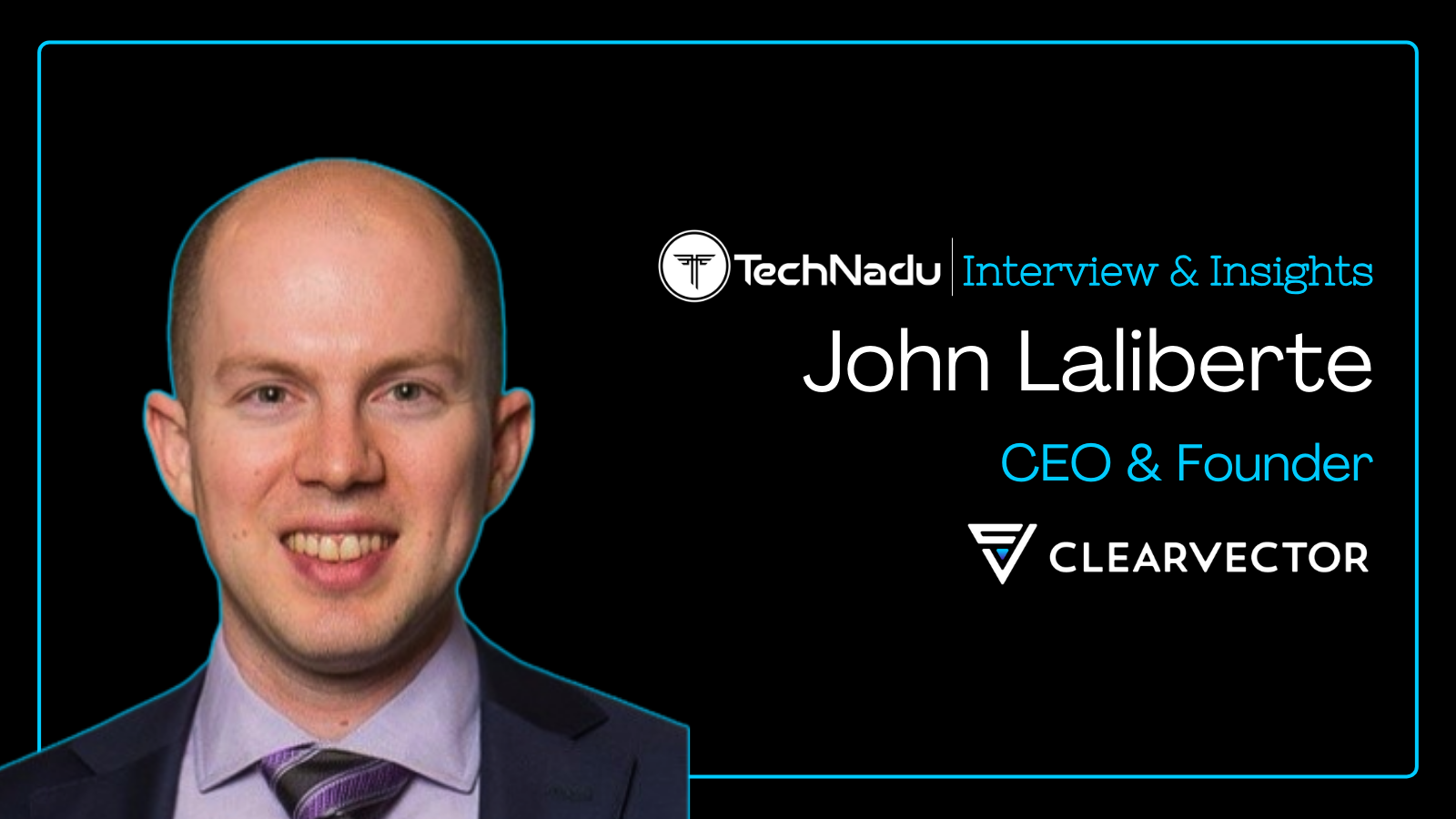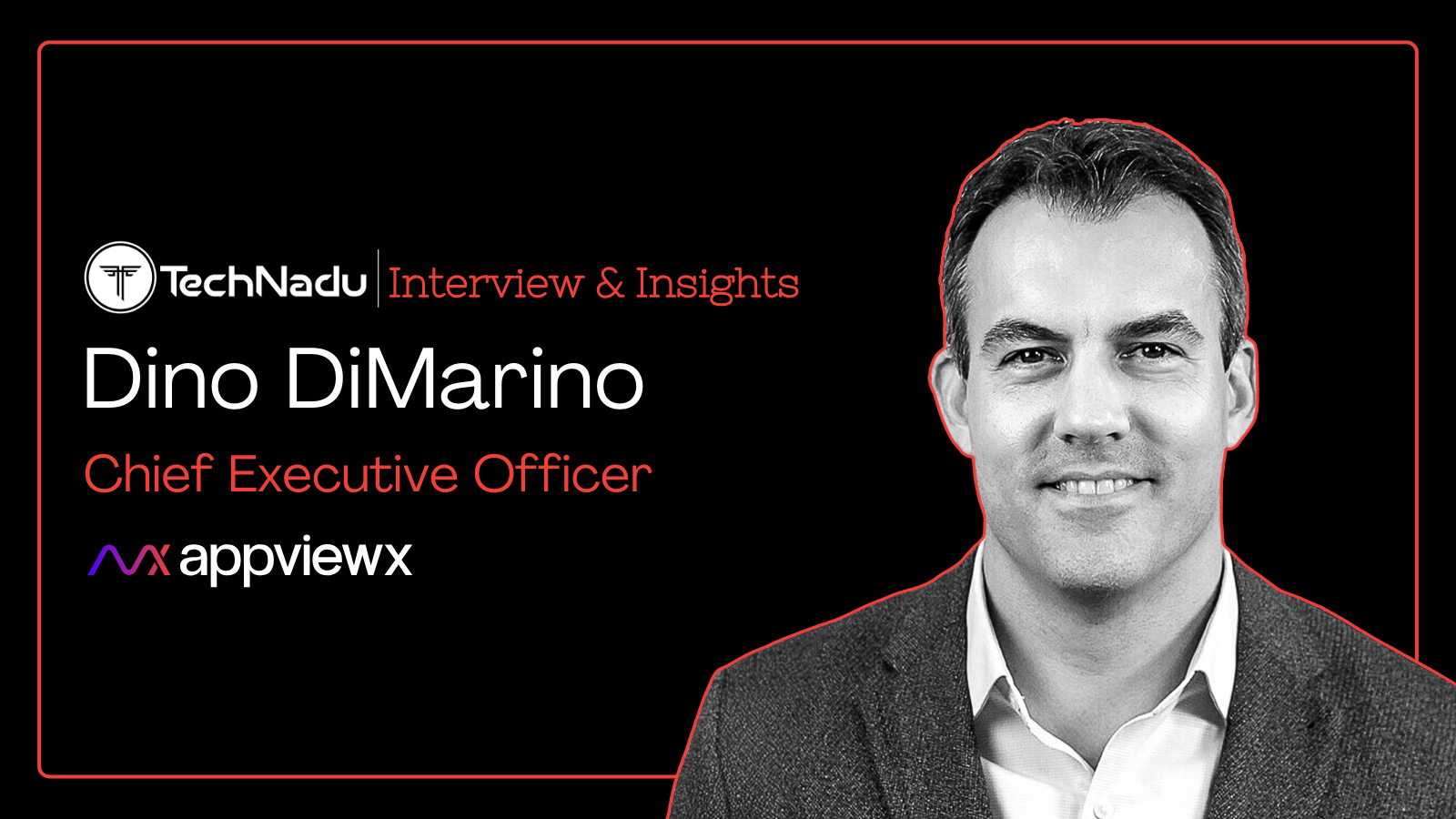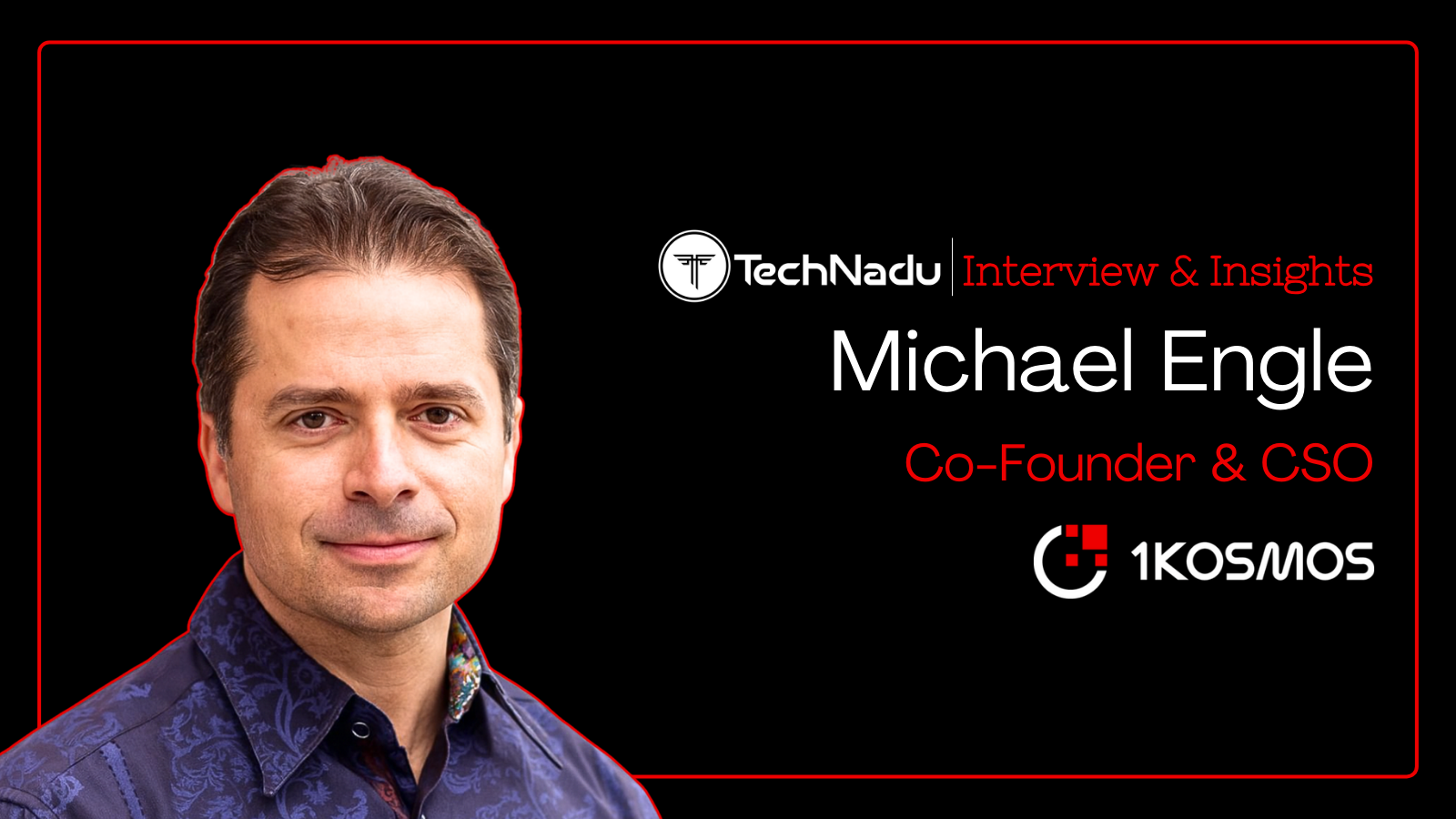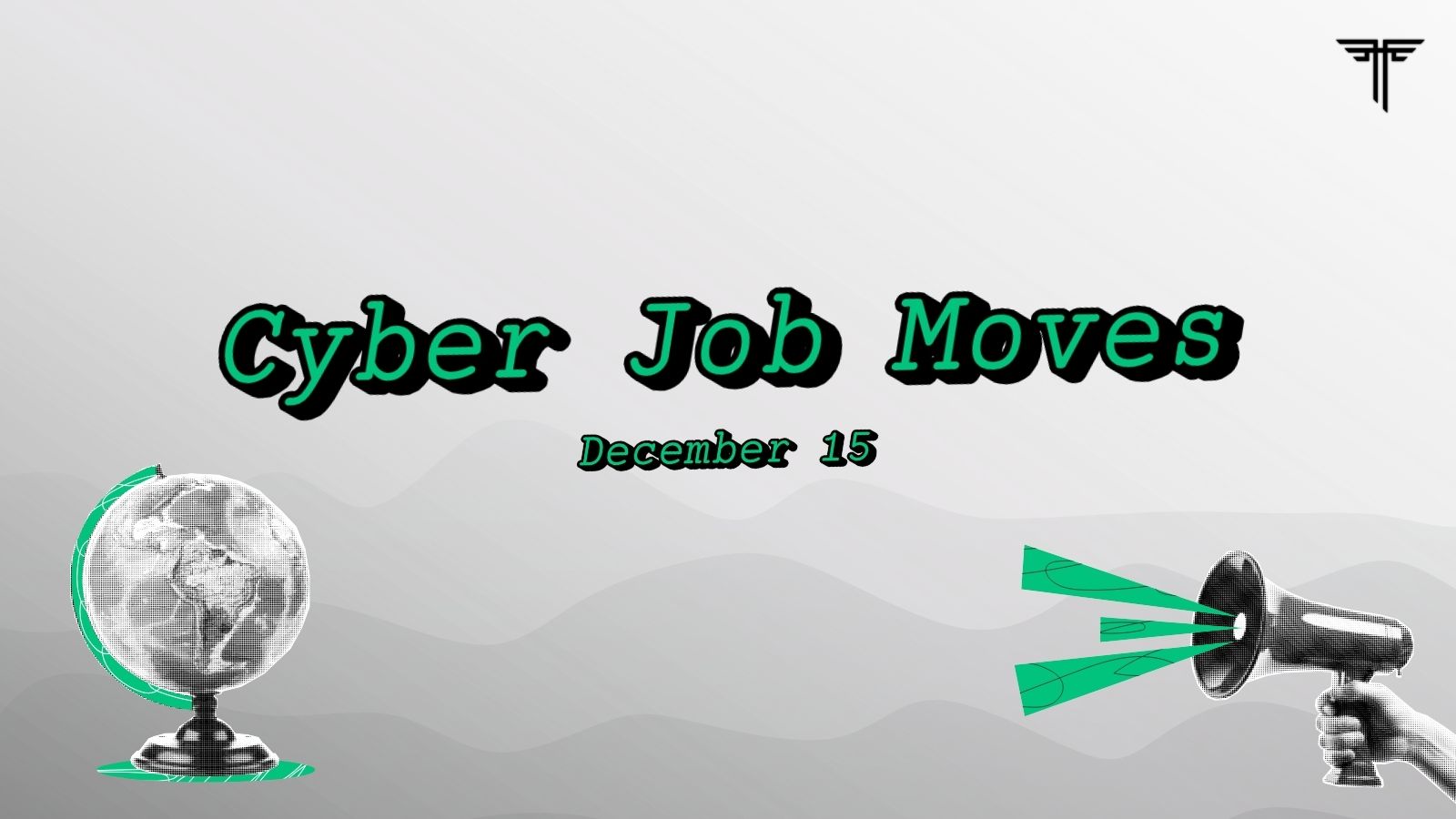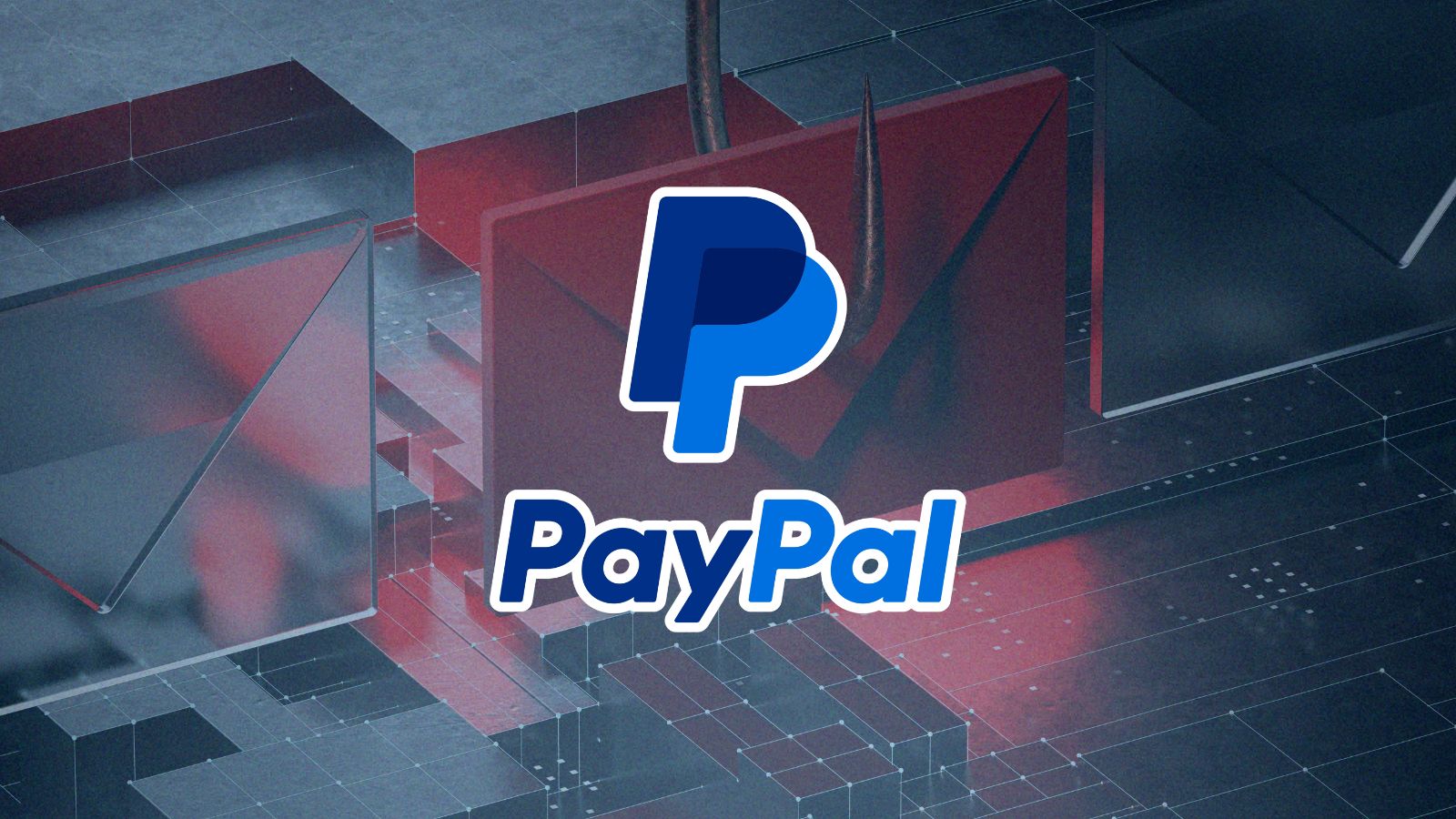
Eddy Travia, Coinsilium: Government Need to Regulate Cryptocoins, but Not Kill the Ecosystem
Going from private investments to the blockchain wasn't that big of a leap for Eddy Travia, who is now one of the world's big blockchain investors and CEO of Coinsilium.
Coinsilium is an investment company that focuses on blockchain technology, trying to steer startups in the right direction, hoping they'll develop further and commercialize their technologies. We met Eddy Travia during the Bucharest Tech Week where we sat down for an interesting talk about blockchain, crypto coins, and the future of all these technologies.
TechNadu: So let's start with you telling us a little bit about yourself and Coinsillium, what you've done along your career, and what your company is all about.
Eddy Travia: I've been in the investment world since 2004; so about 15 years now. I was sent to China at the time as I was making investments in large companies in China for a family office. Later on, in 2012, a friend of mine who is an engineer told me about Bitcoin. For him, in the beginning, it was just a solution to easily transfer money. At first, like everyone, I was a bit skeptical, and I took some time to study. Then, in May 2013, two things really triggered my interest in it. The first one was when there was a crisis in Cyprus. The National Bank, the government, decided to take money from bank accounts above, I think, 100,000 Euros. And at the time, it was the first time that mainstream media talked about Bitcoin, saying that no one can confiscate Bitcoin and maybe if some people had money in Bitcoin, they wouldn't have these issues with the banks, etc.
And the other event was an investment in Coinbase. At the time, Coinbase was a tiny company in California. IDG invested a few million dollars then, and today the company's worth $8 billion. I realized then - why not help entrepreneurs to grow and support their business. So, with my copartners, we started a global incubator to help companies across the world develop Bitcoin solutions. This has been going on since 2013. In 2014, my friend moved to London, and we decided that we wanted to list the company in London on the stock exchange, which we did in December 2015.
TechNadu: So digital coins as a whole have been on a bit of a roller coaster ride in terms of value. They're always very flexible in that regard, makes people reluctant to invest in cryptocoins. You talk about seeing beyond what's happening "now" and the current trends. What do you think will happen in the future with this type of cryptocurrencies? Will they stabilize a bit? Will they continue on the same trend as now?
Eddy Travia: Cryptocoins are what we call a new asset class, so they won't stabilize for a very long time. It's quite natural that it's a volatile market because initially, the market was quite small, so you could expect any large transactions to move the market. Now it's more a question of fragmentation of the market because you have so many cryptocurrencies - thousand really - so it's difficult to avoid the volatility in that case.
Bitcoin is a bit different now, because, first of all, when we started in 2013, the first major milestone was that it breached $1,000 per Bitcoin. Today [Bitcoin] is about $7,600. So, the volatility for Bitcoin is a bit separate because, although initially it was supposed to be a kind of a peer-to-peer cash system, a lot of people use it as a store of value. They know that there is a finite supply and they know that at some point we run out of bitcoin, it won't be mined anymore; actually, that's going to happen soon. It means Bitcoin should have a value.
So it has become a very speculative asset in that sense, and people use it to keep it and store it until it grows. The other cryptocurrencies have been different because a lot of them are a different kind of utility. Most of them, the ones that we have seen for the last two or three years, have been created mainly to fund these new startups. The new startups, maybe they use open source, kind of decentralized systems, and they couldn't easily find V.C. funds, so they decided to issue their own tokens.
In some instances, to be honest, some of them raised too much. Some companies managed to raise $200 million and even went higher, depending on the price of the assets they raised. So, to answer more about the volatility, there are a lot of stable coins now and new projects of stable coins, which are coins pegged to, for example, $1 - so the mechanism works so that it's always supposed to be one dollar. I think that would be a great way for a lot of people to start using cryptocurrencies. They will protect from the volatility, but still, you start using a wallet, you start using the exchange, you start familiarizing yourself with these tools.
TechNadu: Since you mentioned blockchain, which was the root of it all, we've seen it expand into many more industries in the past few years. So what are some of the best implementations of the technology you've seen among the startups and companies you've helped along the way, but also outside of those?
Eddy Travia: The very interesting applications of blockchain I've seen are, for example, supply chain and everything related to logistics. There was a big demand for streamlining the process, especially that all these supply chains are still very much paper-based and have so many actors that you feel that blockchain really helps.
In the applications there is an important one as well around micro-lending, microfinance, helping people in emerging countries where interest rates are very high, such as South America or Mexico, and sending them a cryptocurrency with a much lower interest.
And around that, one very important application is digital identity. A lot of people around the world don't have a proper identity for different reasons. Maybe when they were born too poor, or maybe the infrastructure was not in place, maybe they moved, refugees, etc. So digitization is very helpful, and it's also the basis for a lot of these financial services. And as you probably know, a lot of people in the world don't have access to banks just because they don't have papers; they don't have proof they own a house or land. So that's something very interesting and some of our investee companies like RSK, for example, which is out of Buenos Aires, Argentina, do a lot of work with Inter-Development Bank, and they try to work on the identity issues and once that is solved, land registry, and getting loans for activities.
TechNadu: Recently the Information Security Forum issued a warning about blockchain saying it's not exactly as secure as everyone thinks it is, due to the way it is built. What do you think of these new warnings in terms of block to security?
Eddy Travia: The problem with blockchain is that it's a term that means many many things. For example, initially, when we talked blockchain, it was Bitcoin blockchain. Now, the Bitcoin blockchain is secure because of this huge computational power provided by all these miners around the world. But a lot of new blockchains don't have this proof of work, don't have this mining; some of them don't have mining at all. They are like proof of stake in a different consensus mechanism. And so, therefore, yes, I agree that some of them are not as secure as people may think.
The problem with blockchain is you have a lot of, let's say, clichés around blockchain like what it should be - immutable, secure, etc. - but in practice, in reality, that's not a guaranteed for all blockchains. A lot of people think that all the other blockchains are the same as Bitcoin, for example, but Bitcoin is unique in the sense. We always tell people that blockchain is not the solution for all your problems or it has very specific usage and type of features that you could use to your benefit. So make sure do your own research, make sure that whatever technology solution you choose is the right one for you.
TechNadu: One of the main attractive features of cryptocurrencies is that they can't be regulated too much. Still, obviously, some governments have been trying to do this. They think there is a need for regulations in this specific sector.
Eddy Travia: Yes, there is a need. The first reason why there is a need is because it makes the entrepreneurs in the business more legitimate and, at the end of it, more viable as well. You know you can grow up to a certain size if you are in a kind of gray market; you cannot go further. And of course, to protect users, traders, whoever is using it. But the problem we have had is with a lot of uncertainty and lack of regulations. But, on the other hand, it seems that sometimes we're going to overregulate because it's a new sector. There is a lot of media sometimes inaccurate detailed information. And I think the regulator takes it a bit too far in some instances.
We also have an office in Gibraltar, and a subsidiary in Gibraltar, and we are happy to be working with local authorities. Gibraltar, for example, is one of these jurisdictions where they take a good, progressive approach to blockchain. They have what they call the DLT (Distributed Ledger Technology) license, and now they're working on more crypto-related licenses. There are other countries like Malta and Switzerland that are famous for this kind of regulation. But I would say, probably, the big jurisdictions like the U.S. or Europe will try to go a bit too far. You need to regulate, but at the same time, don't kill the ecosystem.
I'm obviously a user of cryptocurrency so I know very well what people go through to open accounts at exchanges. I mean, in some instances it's almost more difficult than a regular bank account. So there is a need for regulation, but not overregulation. The ironic thing is that Bitcoin was born right after the financial crisis in 2008, and it was kind of a reaction to that. Now we can pay without the big banks, but ironically, you need a lot of banks now in this business because a lot of the trading goes through banks, so it's very difficult to really achieve that kind of "no bank, decentralized system."
Still, the governments have this fear that this can go into unknown territory for them. So they want to make sure that they can control, but in reality, blockchain makes it much easier to track everything. So you would think that you actually need a bit less regulation because as soon as you are registered on an exchange, or you start trading with your crypto in your wallet address, you can find all these transactions; they are publicly available on the blockchain. It's very difficult to do this in a vacuum. You cannot start sending crypto around without anyone noticing. There are even services that you can see publicly reporting all the large transactions, reporting transaction from wallets that never moved before, it's all public.
TechNadu: Let's backtrack a bit and tell me what is one of the most important lessons you've learned along the way during your career about anything you want to share.
Eddy Travia: I think the lesson is that it's all still based on human interaction. You can do all the due diligence you want, you can do all the number crunching you like; at the end of the day, if people are honest and they want to succeed, it increases the chances to success by a huge coefficient.
Like all investors, the first thing you need is to feel a connection with the team and to feel that these people are going to really do their best and try their best to give it a real shot. And yes, sometimes we have been disappointed. Overall, I think we're going to get a great result compared to a lot of V.C. firms because out of a small portfolio of about 20 companies, we have four or five that can become very large. Two of them already passed big thresholds, and we still see two or three that follow, which is a very good result for V.C. funding and investing.
At the end of the day, it's all about human relations. We started this in 2013, doing it almost remotely - Skype and a lot of calls. But then we organized the first conference in Asia about Bitcoin in November 2013. Straight away, meeting a couple of hundred people and a lot of entrepreneurs changed a lot what we could do. When we meet people, you still have a much better idea of what they can. So I think that's the biggest lesson - that you cannot do this behind a computer screen. I mean we're not in trading anyway, we are investing in equities, right? So, throughout all the talk and hype and all these documents, we didn't buy any tokens. We received tokens because we provided some services, but we have always invested in company shares. When you're a shareholder, there is a lot of education, as well. That's another lesson - a lot of entrepreneurs will lack knowledge in one of the key areas, like maybe they're not too good in finance, maybe they don't know how the board governs a company, maybe they don't know how to acquire, or be acquired, or be invested, and these areas are technical. It's not like you can be naturally good at it, you have to learn it. So I think that's another lesson - it is a lot of education to go.
What do you think about what Eddy Travia had to say? Do you have a crypto wallet? Let us know by dropping a comment in the section below the article. Share the interview online with friends and family and follow TechNadu on Facebook and Twitter for more tech news, guides, reviews, and interviews.

